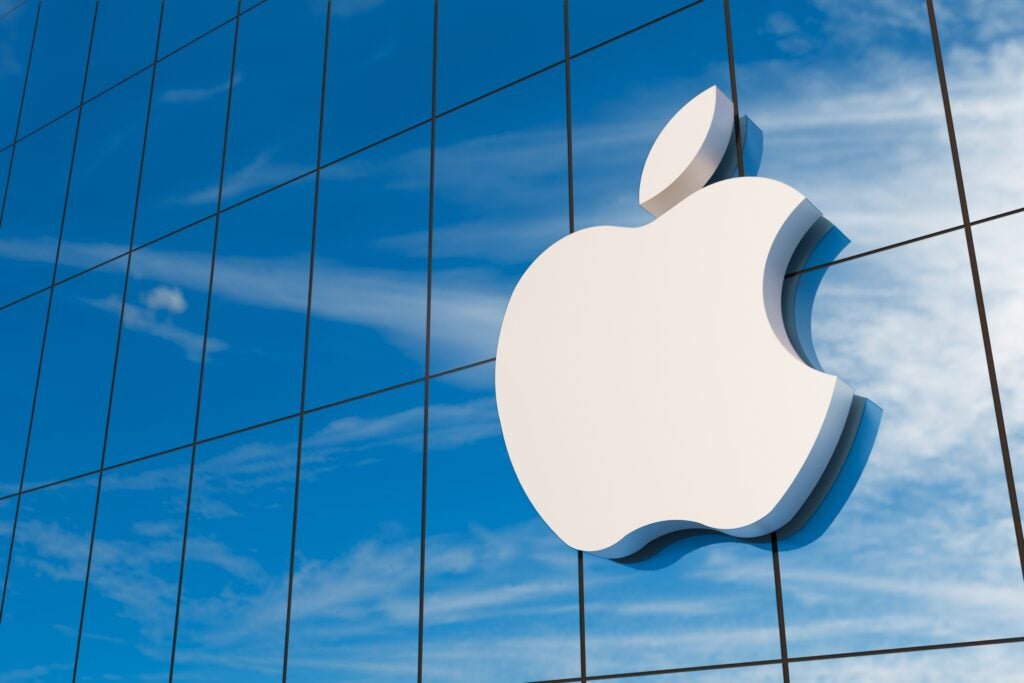Tensions Rise: Trump’s Unexpected Clash with Apple’s Tim Cook Over India Expansion
In a dramatic exchange that has sent shockwaves through political and tech circles, former U.S. President Donald Trump publicly criticized Apple CEO Tim Cook for the company’s aggressive expansion plans in India. The confrontation, which occurred during a private meeting last week, underscores growing tensions between American business interests and geopolitical strategies. Trump reportedly argued that Apple’s investments should prioritize U.S. jobs, while Cook defended the move as essential for global growth.
The Clash: A Battle Over Jobs and Global Strategy
According to insider accounts, Trump expressed frustration with Apple’s decision to shift significant manufacturing operations to India, where the tech giant plans to produce 25% of all iPhones by 2025. “You’re taking jobs away from hardworking Americans,” Trump allegedly told Cook, echoing his longstanding “America First” economic policy. Apple, however, has emphasized that its India expansion aligns with broader supply chain diversification efforts, especially after pandemic-era disruptions in China.
Key points of contention include:
- U.S. job creation: Trump claims Apple’s overseas investments undermine domestic employment, despite the company adding 15,000 U.S. jobs since 2021.
- Geopolitical balancing act: India offers Apple reduced tariffs and a growing consumer market, with iPhone sales there surging 50% year-over-year in Q2 2023.
- China factor: Analysts note Apple’s India push also hedges against U.S.-China trade tensions, as 95% of iPhones were made in China as recently as 2020.
Expert Reactions: Divided Perspectives on Global Trade
“Trump’s stance reflects a zero-sum view of globalization that doesn’t account for how multinationals operate today,” said Dr. Elena Rodriguez, a Georgetown University trade policy professor. “Apple’s strategy isn’t about abandoning America—it’s about surviving in a competitive landscape where 60% of smartphone sales now occur in Asia.”
Conversely, economic nationalist voices applaud Trump’s position. “When corporations offshore production, they weaken America’s industrial base,” argued James O’Sullivan of the Coalition for Prosperous America, citing Bureau of Labor Statistics data showing U.S. manufacturing job growth has lagged 2.1% behind overall employment since 2020.
India’s Rising Allure for Tech Giants
Apple’s $7 billion investment in Indian manufacturing—including a new Chennai factory employing 25,000 workers—comes as Prime Minister Narendra Modi’s production-linked incentive (PLI) scheme offers $6.6 billion in subsidies to electronics manufacturers. The results are striking:
- India-made iPhones jumped from 1% of global supply in 2017 to 7% in 2023
- Apple opened its first retail stores in Mumbai and Delhi this April, with 28% more Indian developers joining its ecosystem since 2021
- The company aims to make India its third-largest market after the U.S. and China by 2026
Broader Implications for U.S.-India Relations
While the Biden administration has quietly supported Apple’s India moves as counterbalance to China, Trump’s outburst signals potential friction should he return to office. “This isn’t just about iPhones,” noted geopolitical analyst Ravi Mehta. “It’s a litmus test for how America navigates its dual goals of containing China and protecting domestic industry.”
The controversy also highlights a paradox in Trump’s own policies: his administration signed a 2020 trade pact encouraging U.S.-India tech collaboration, even as he imposed tariffs on Indian steel and aluminum.
What Comes Next for Apple and Global Tech?
Industry observers suggest Apple will continue its India expansion regardless of political pressure, given the country’s projected $800 billion consumer electronics market by 2030. However, the company may face:
- Increased scrutiny from 2024 U.S. presidential candidates on offshoring
- Pressure to expand U.S.-based R&D facilities beyond its current $430 billion commitment
- Complex negotiations as India tightens data localization rules affecting iCloud services
As the dust settles, one truth emerges: in an era of economic nationalism and supply chain upheaval, even the world’s most valuable company can’t escape becoming a political football. For businesses and policymakers alike, the Apple-India case study offers critical lessons in balancing global ambitions with domestic priorities.
Want to stay updated on how geopolitical tensions impact major tech companies? Bookmark this page for ongoing coverage and expert analysis.
See more Business Focus Insider Team

